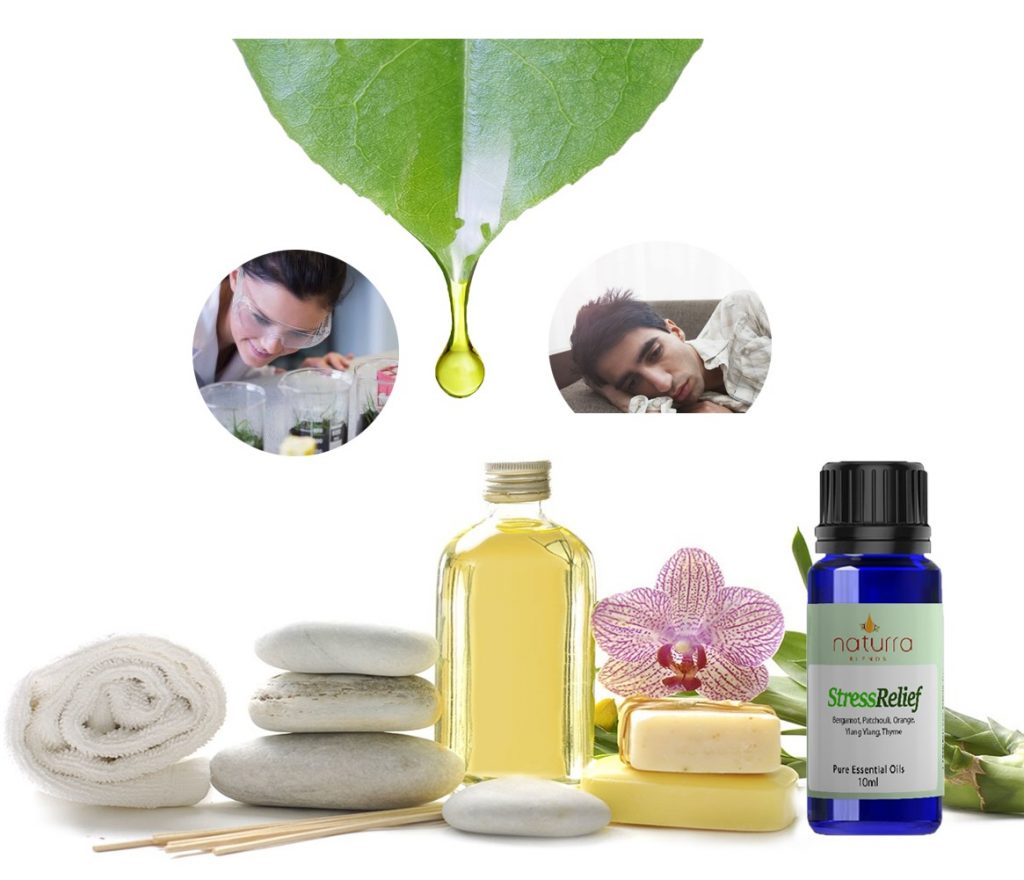
Scientific Sceptics
Did you know that when inhaled “the absorption of essential oils by the nose is as fast as an intravenous injection? That is according to Buchbauer research.
Everyday, I see people who rely on essential oil remedies to ease pain, reduce headaches and generally improve their health, and yet there is still a lot of skepticism about essential oils. That being the case I thought I would dig out some research related to essential oils. Take lavender, for example, one of the better known essential oils.
Lavender is closely associated with sleep and relaxation due to its linalool and linalyl acetate. In scientific tests, the hyperactivity induced in mice via the injection of caffeine was seen to return to normal motility after the inhalation of lavender essential oil.
This scientific evidence supported the folk practice of the use of lavender herbal pillows as a means of promoting sleep. Of course, there will always be those who wait for categoric proof that natural remedies work, but many people already using essential oils on a daily basis, already have their proof.
So whilst scientists monitor the calming effects of lavender, on mice to see how its calming and anti-anxiety effects impact the behaviour of in mice, I will continue to create blends using these beautiful essential oils that help to improve our mental, physical and spiritual well-being in a natural way.
Talking of Lavender come back to this site within the next week for an Easter offer on Lavender True.


